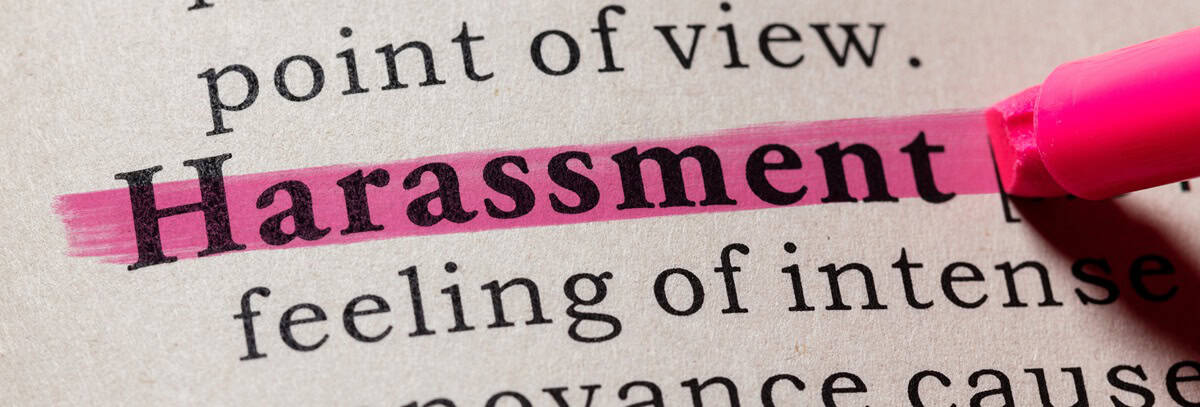When it comes to enforcing laws against driving under the influence, two commonly used tools are the Preliminary Breath Test (PBT) and the Breathalyzer test. Both serve the function of measuring a driver’s blood alcohol content (BAC), but they differ significantly in their application and accuracy.
A Preliminary Breath Test is often administered at the roadside by law enforcement officers during a traffic stop, providing a quick, initial assessment of a driver’s alcohol level. In contrast, a Breathalyzer test, typically conducted at a police station, offers a more precise measurement and is often used as evidence in court.
Understanding the distinctions between these two tests is essential for both drivers and legal professionals, as the implications of a failed test can be severe, leading to fines, license suspensions, and even criminal charges.
This article will cover the following subtopics:
- What is a Preliminary Breath Test?
- Problems with Preliminary Breathalyzer Tests
- Can I Refuse a Preliminary Breath Test?
- What are Arizona’s Implied Consent Laws?
- When is a Blood Test Used in a DUI Case
- Contact a DUI Defense Attorney From Shah Law
What is a Preliminary Breath Test?
A Preliminary Breath Test (PBT) is a portable device used by law enforcement during traffic stops to estimate a driver’s blood alcohol concentration (BAC).
This handheld device is typically administered roadside when an officer suspects that a driver is under the influence of alcohol. While the PBT provides a quick reading, it is not as reliable or accurate as the Breathalyzer test used later in DUI processing.
The primary purpose of the PBT is to help establish probable cause for an arrest, but its results are generally not admissible in court as evidence of intoxication.

Problems with Preliminary Breathalyzer Tests
Preliminary Breath Tests (PBTs) are useful for law enforcement but come with several issues:
- Accuracy Concerns: PBTs are less accurate than formal breathalyzer tests, with results often affected by environmental factors and individual physiology.
- False Positives: Certain substances or conditions, like mouth alcohol or specific medical conditions, can lead to incorrect readings.
- Calibration Issues: PBTs are not calibrated as regularly as stationary breathalyzers, increasing the risk of errors in BAC readings.
- Limited Legal Standing: Due to their inaccuracies, PBT results are generally not admissible in court as evidence of intoxication.
Can I Refuse a Preliminary Breath Test?
In Arizona, you have the legal right to refuse a Preliminary Breath Test (PBT) during a traffic stop. Unlike the Breathalyzer test administered after an arrest, the PBT is not covered under the state’s implied consent laws, so declining it doesn’t result in immediate penalties like license suspension.
However, refusing a PBT could still impact the situation,
An officer might rely on other observations or field sobriety tests to establish probable cause for an arrest.
While you can refuse the PBT without facing automatic penalties, it’s important to understand that this refusal may still influence the officer’s decision to proceed with an arrest.
What are Arizona’s Implied Consent Laws?
Arizona’s implied consent laws, codified under ARS § 28-1321, require drivers to submit to a chemical test (such as a breath, blood, or urine test) if they are lawfully arrested for a DUI. Refusing a chemical test after an arrest can lead to severe penalties:
- License Suspension: Refusing a post-arrest chemical test results in an automatic 12-month license suspension for the first refusal and a 24-month suspension for subsequent refusals.
- Admissibility in Court: The fact that you refused a post-arrest chemical test can be used against you in court as evidence of possible impairment.
However, it’s crucial to distinguish this from the PBT, which does not fall under implied consent and can be refused without automatic penalties.

When is a Blood Test Used in a DUI Case
A blood test is often used in a DUI case when a more accurate measurement of blood alcohol concentration (BAC) is needed, especially if the results from a breathalyzer are questionable or if drugs are suspected to be involved.
Law enforcement may opt for a blood test if a suspect refuses a breath test or if the breath test results are inconclusive.
Blood tests are typically administered at a medical facility, and the results can provide a precise BAC reading, making them a critical piece of evidence in DUI cases. However, because of their invasive nature, blood tests are generally conducted after an arrest and under strict legal protocols to ensure accuracy and admissibility in court.
Contact a DUI Defense Attorney From Shah Law

Don’t face these charges alone—reach out to Shah Law today at (602) 560-7408 for a consultation and take the first step towards protecting your rights and future.











